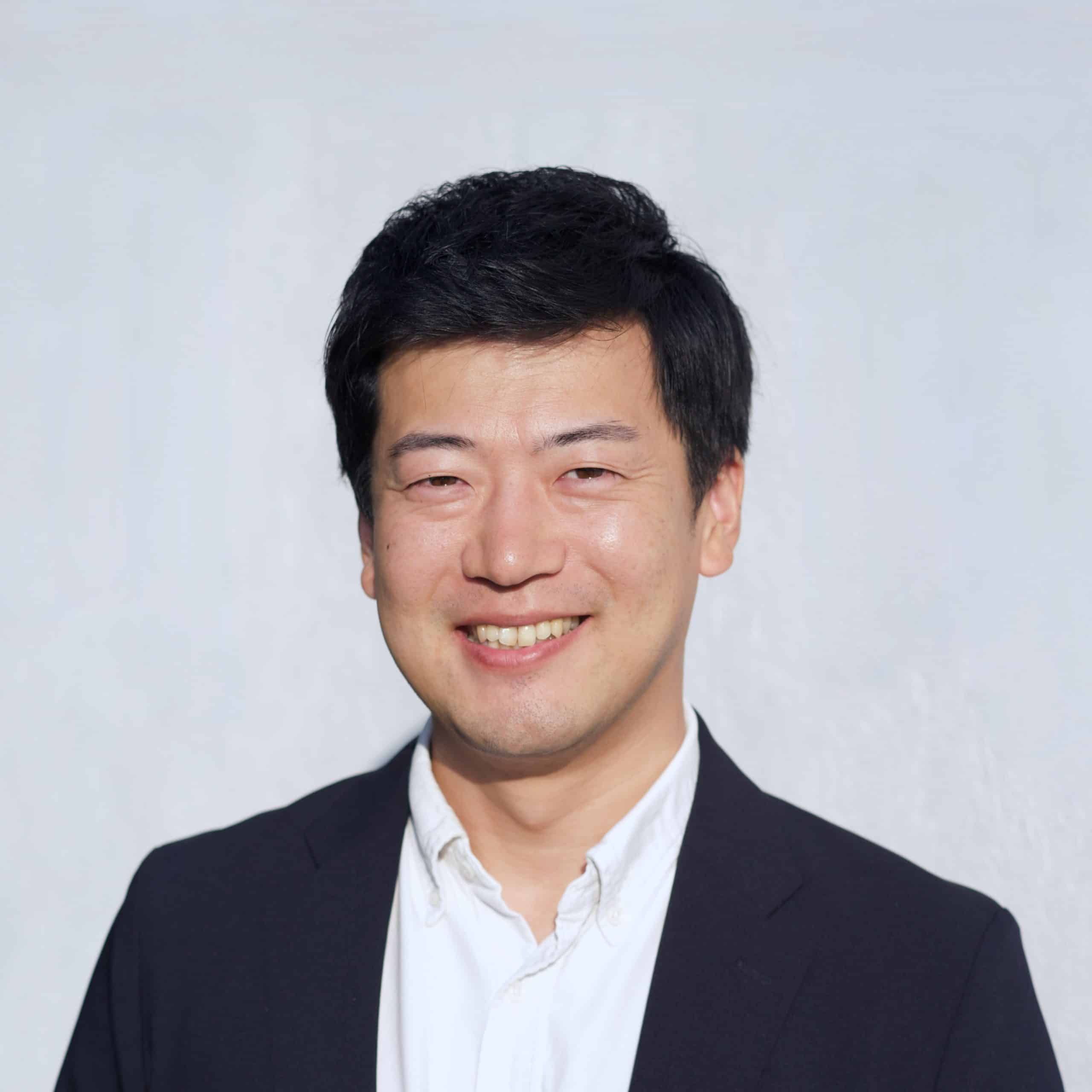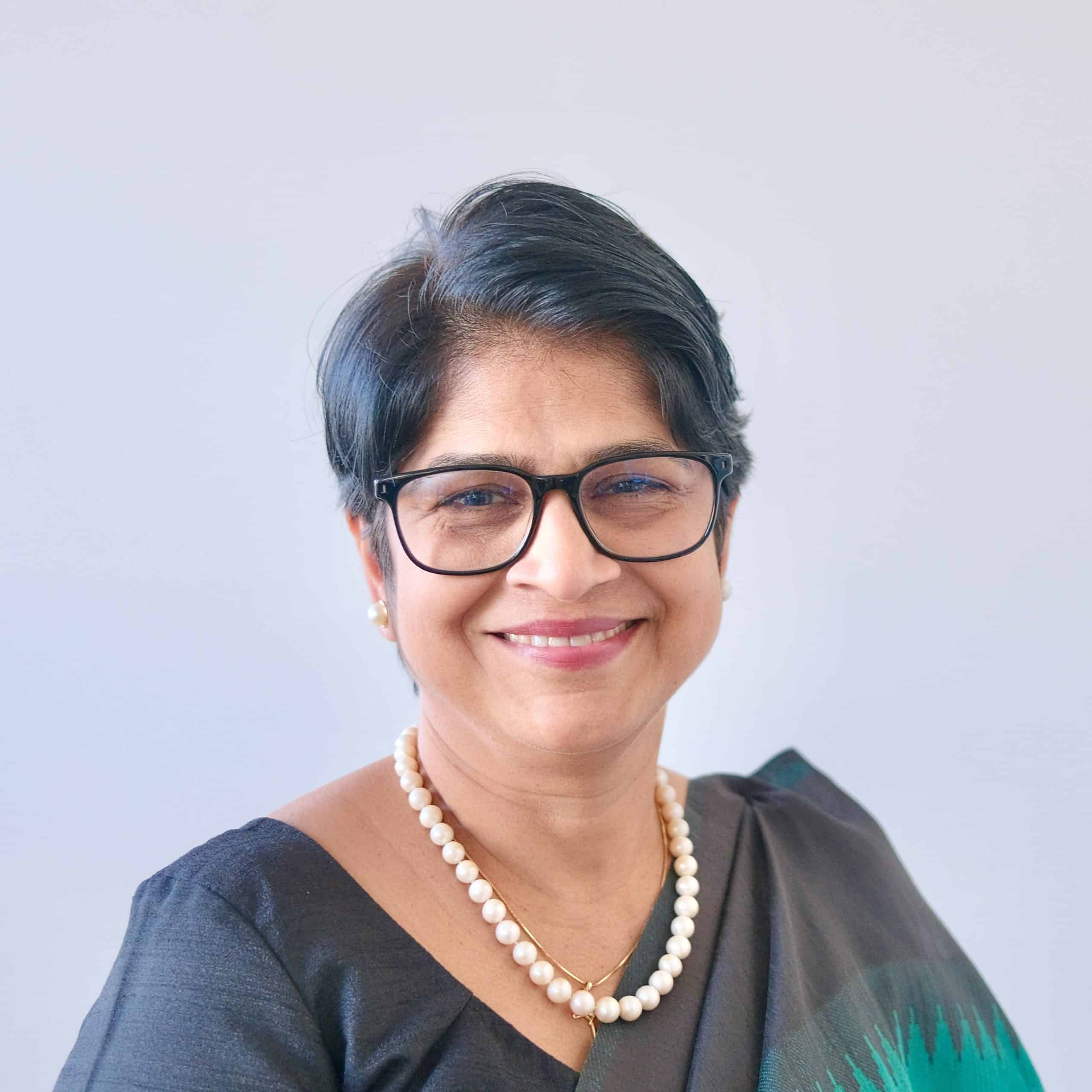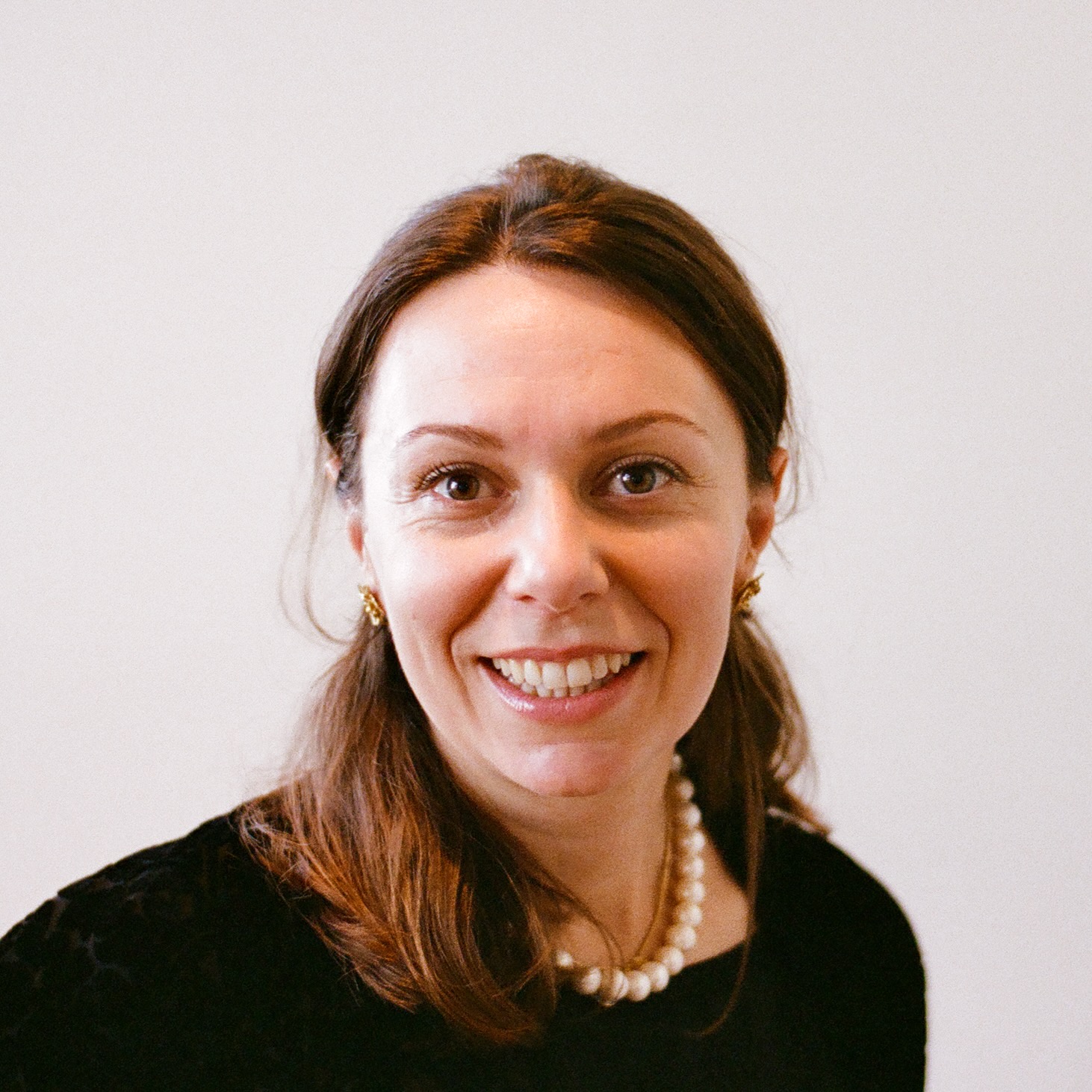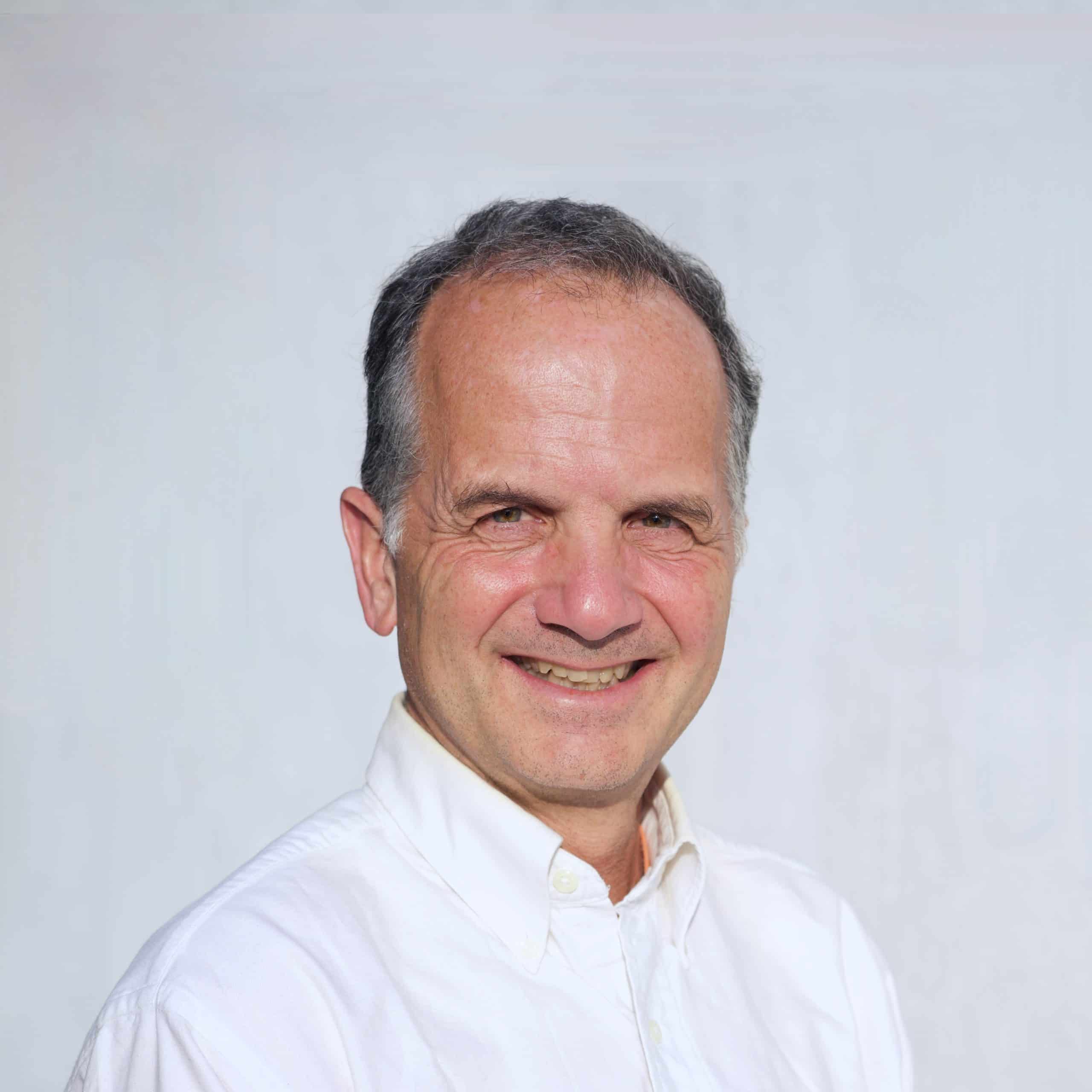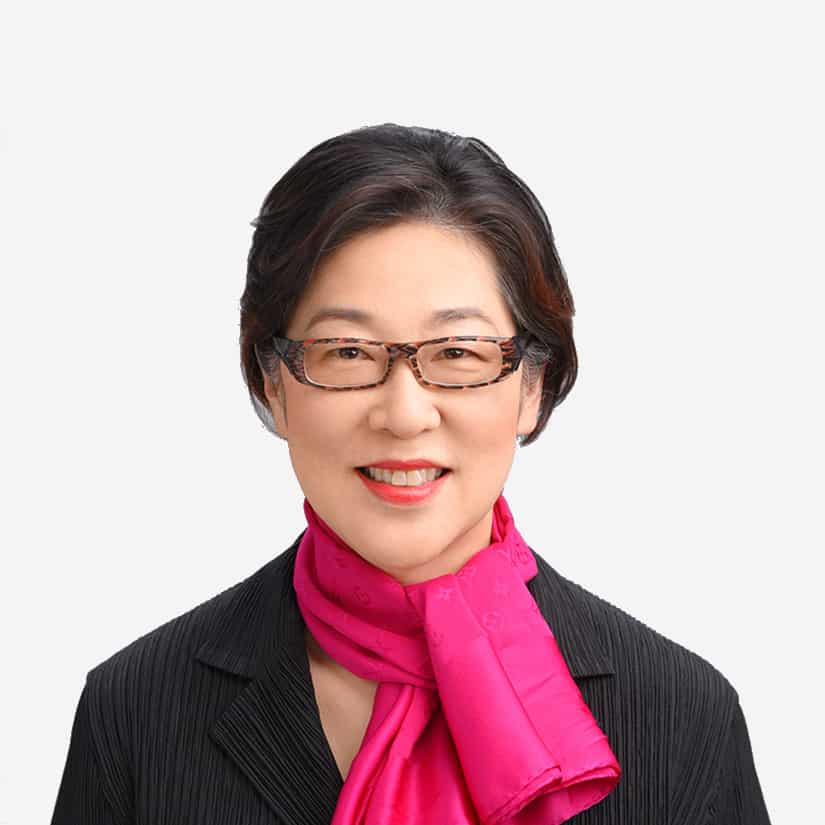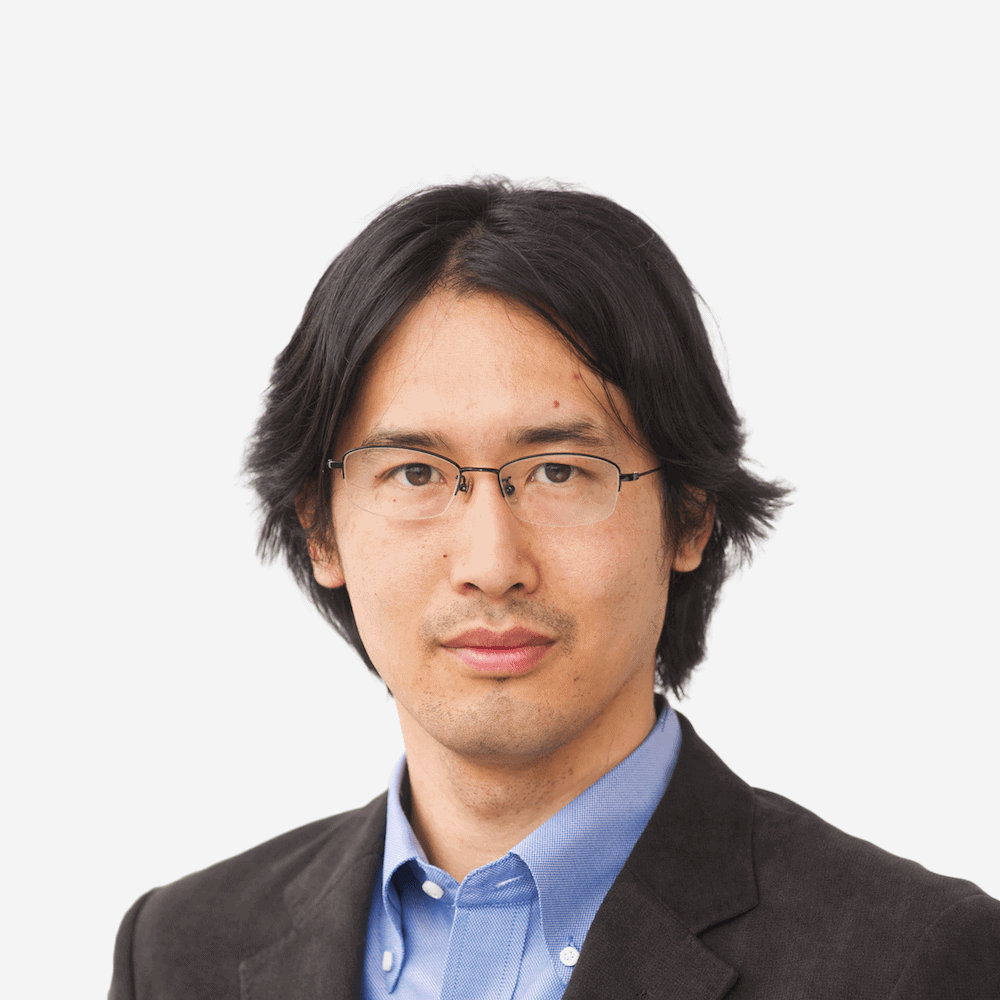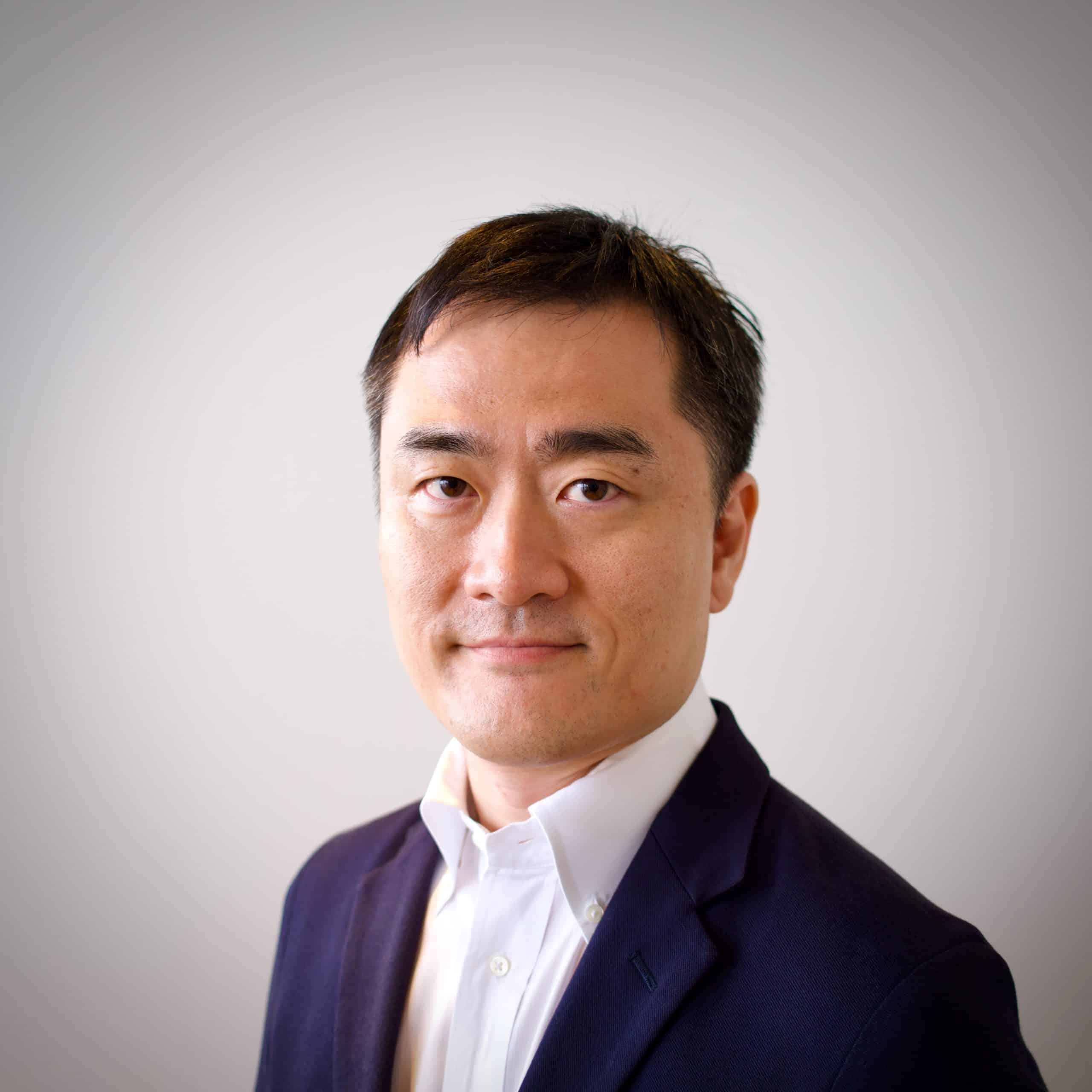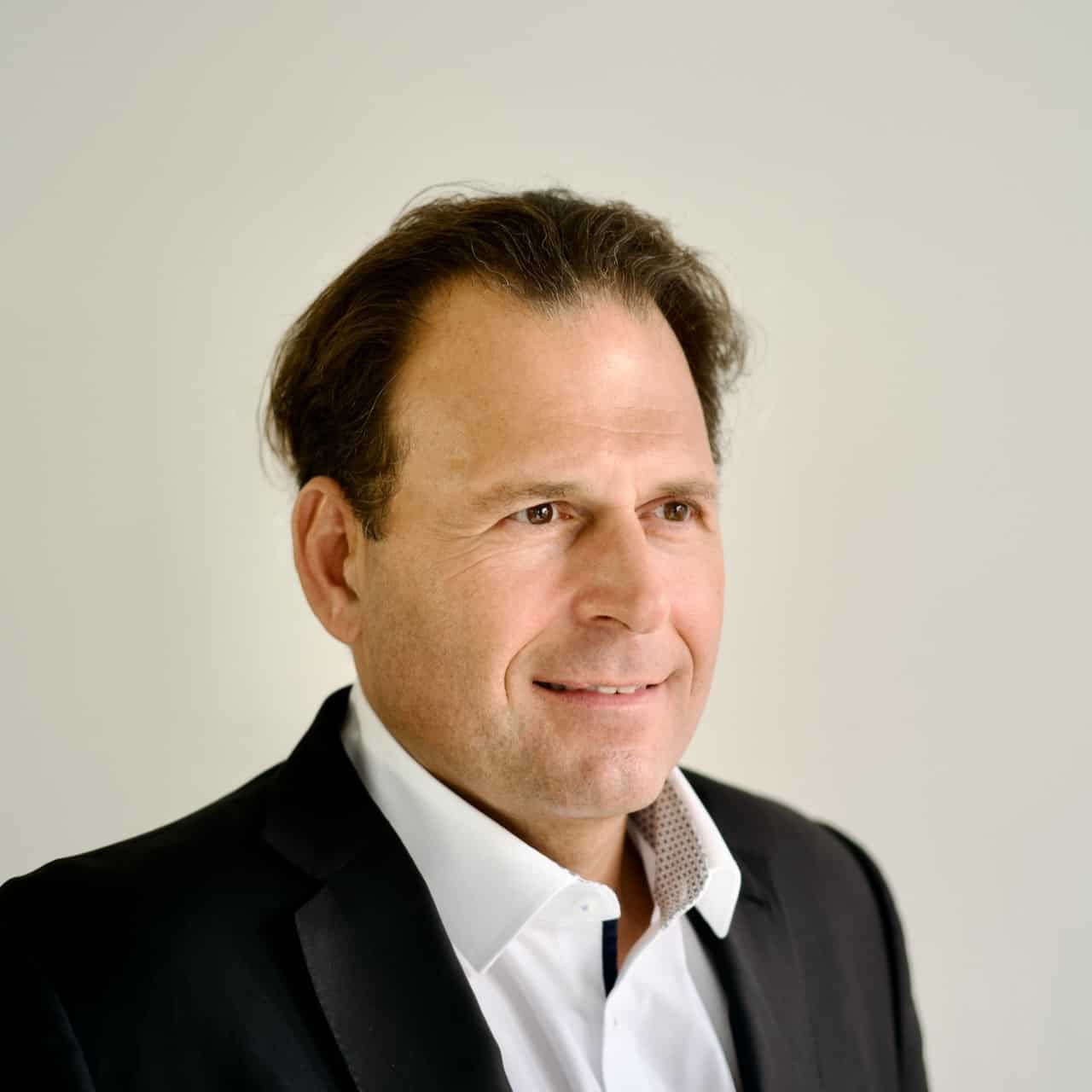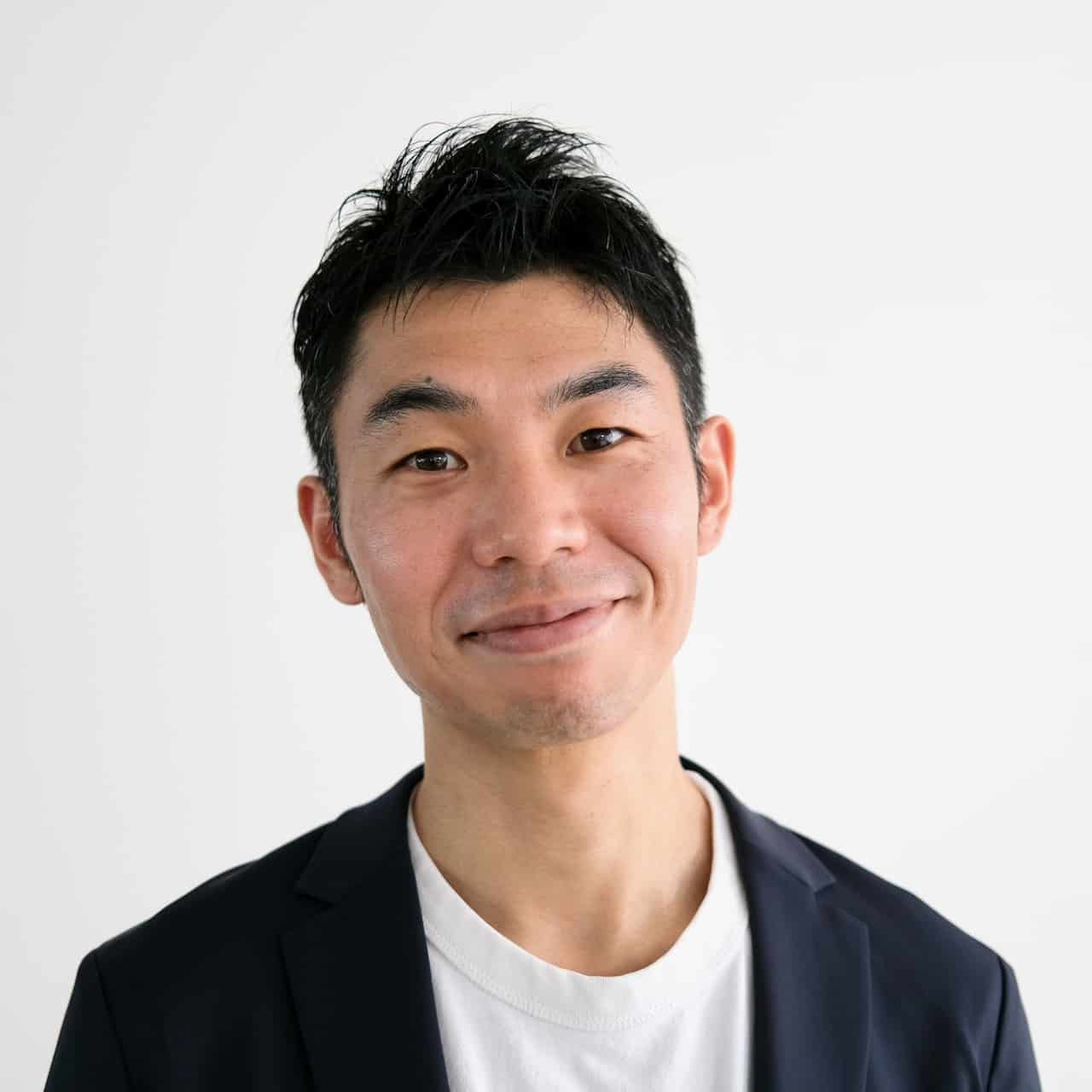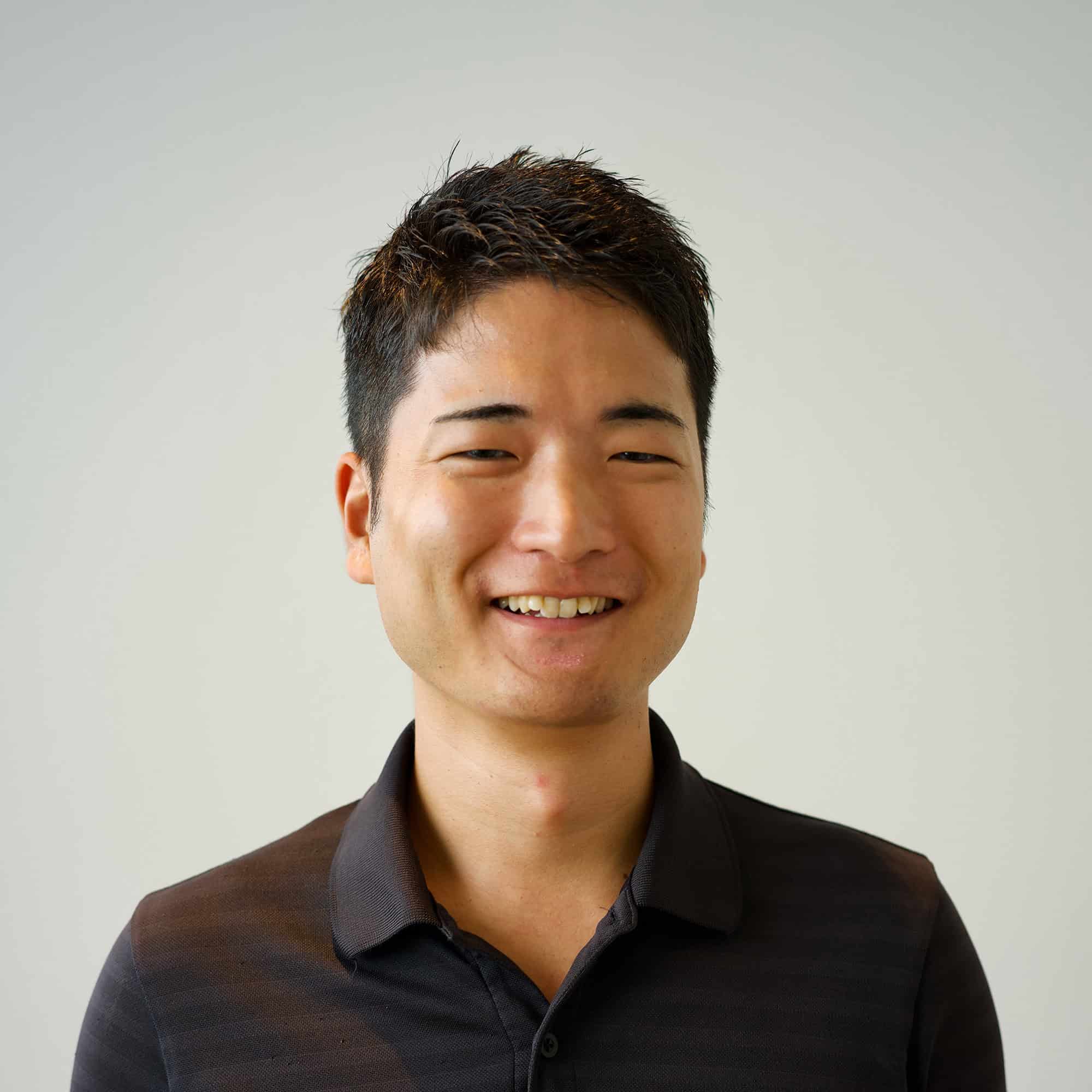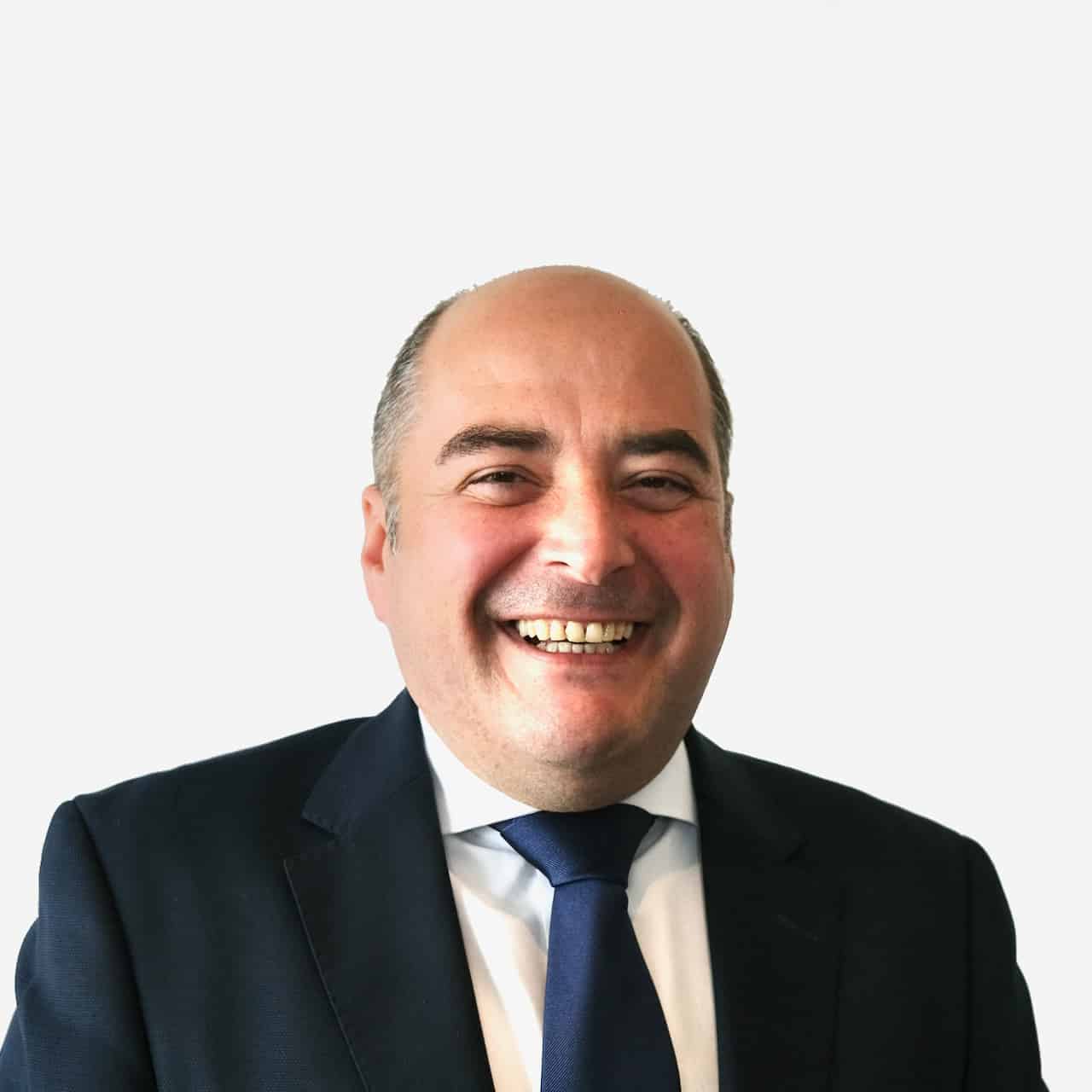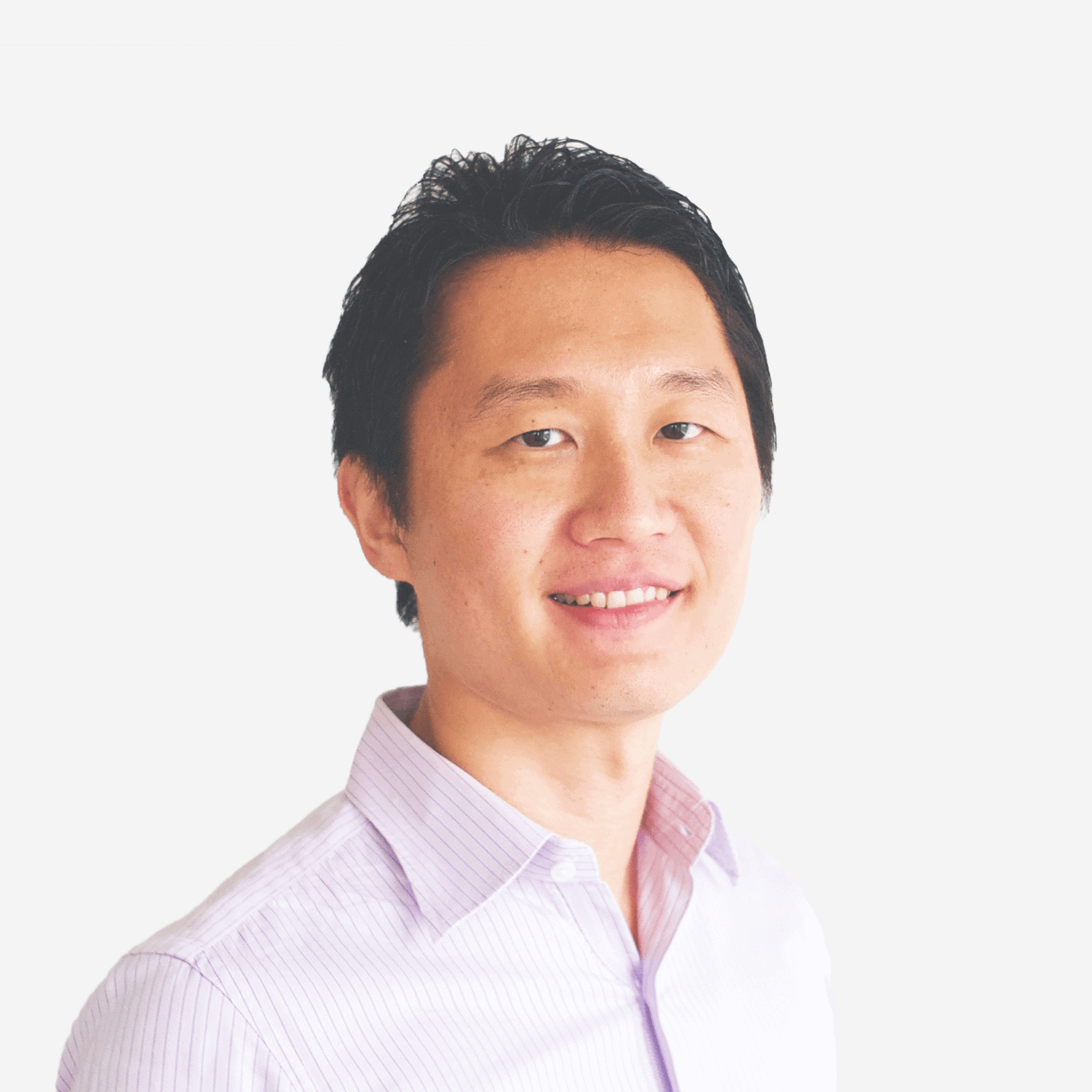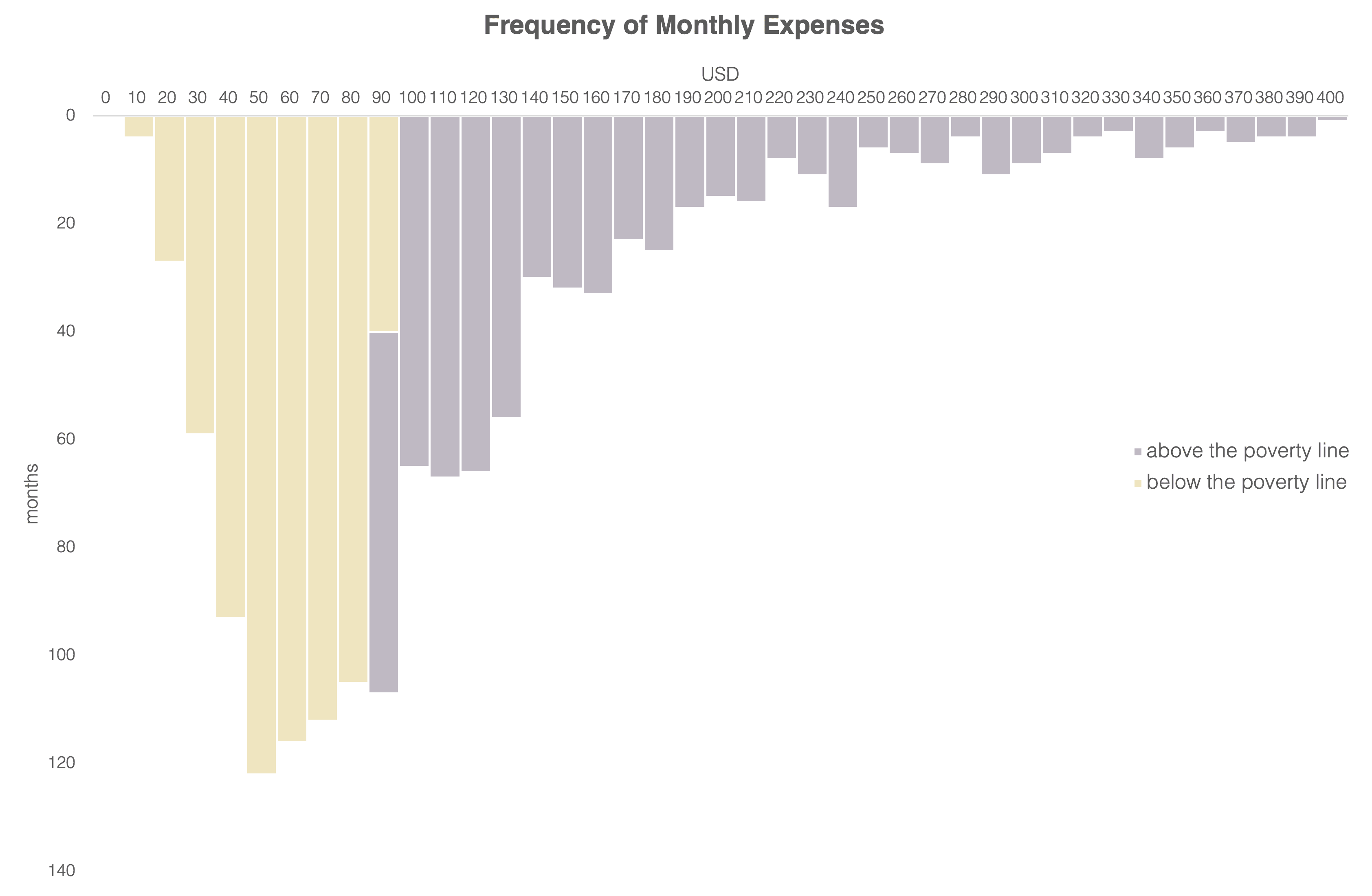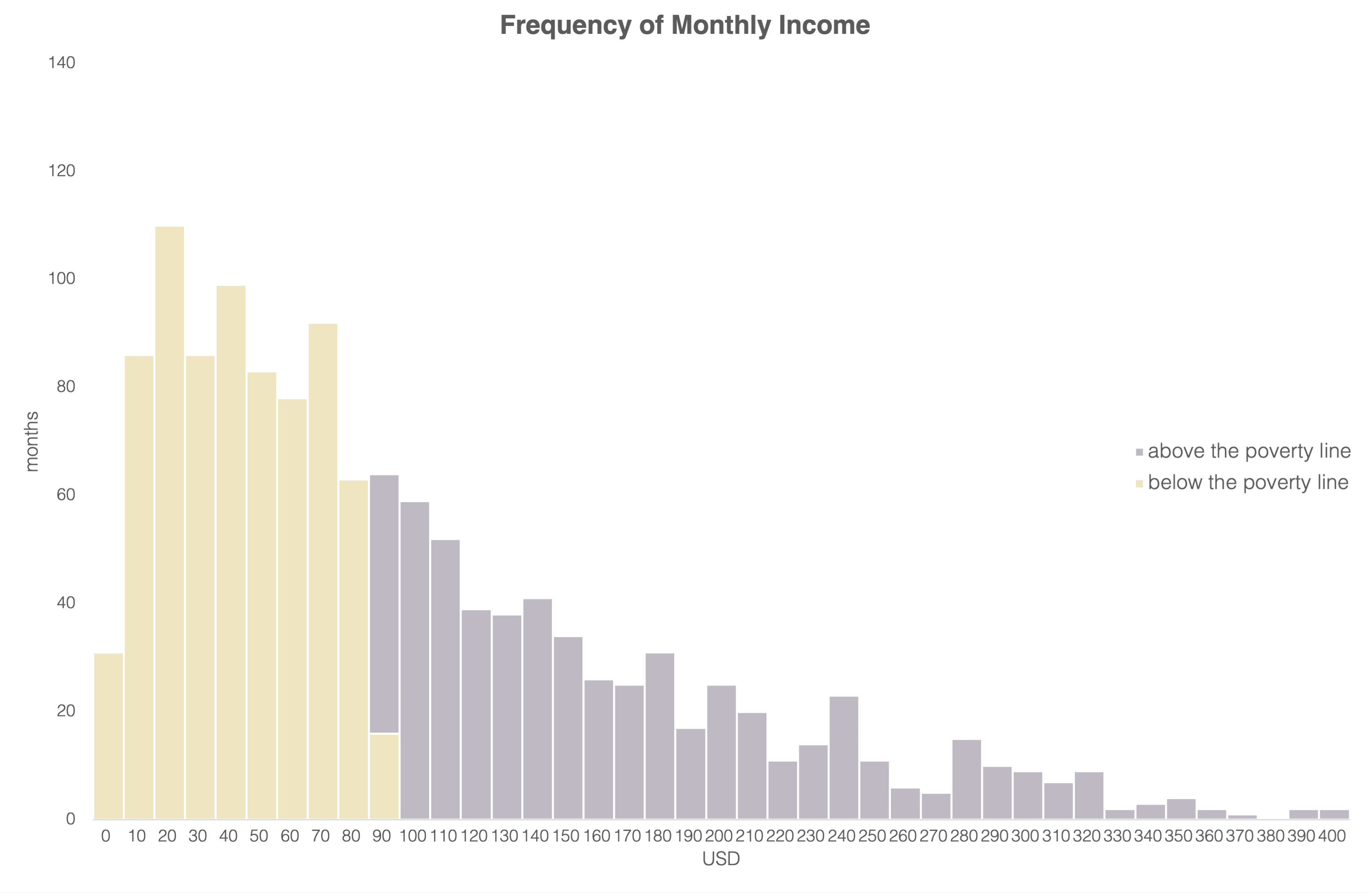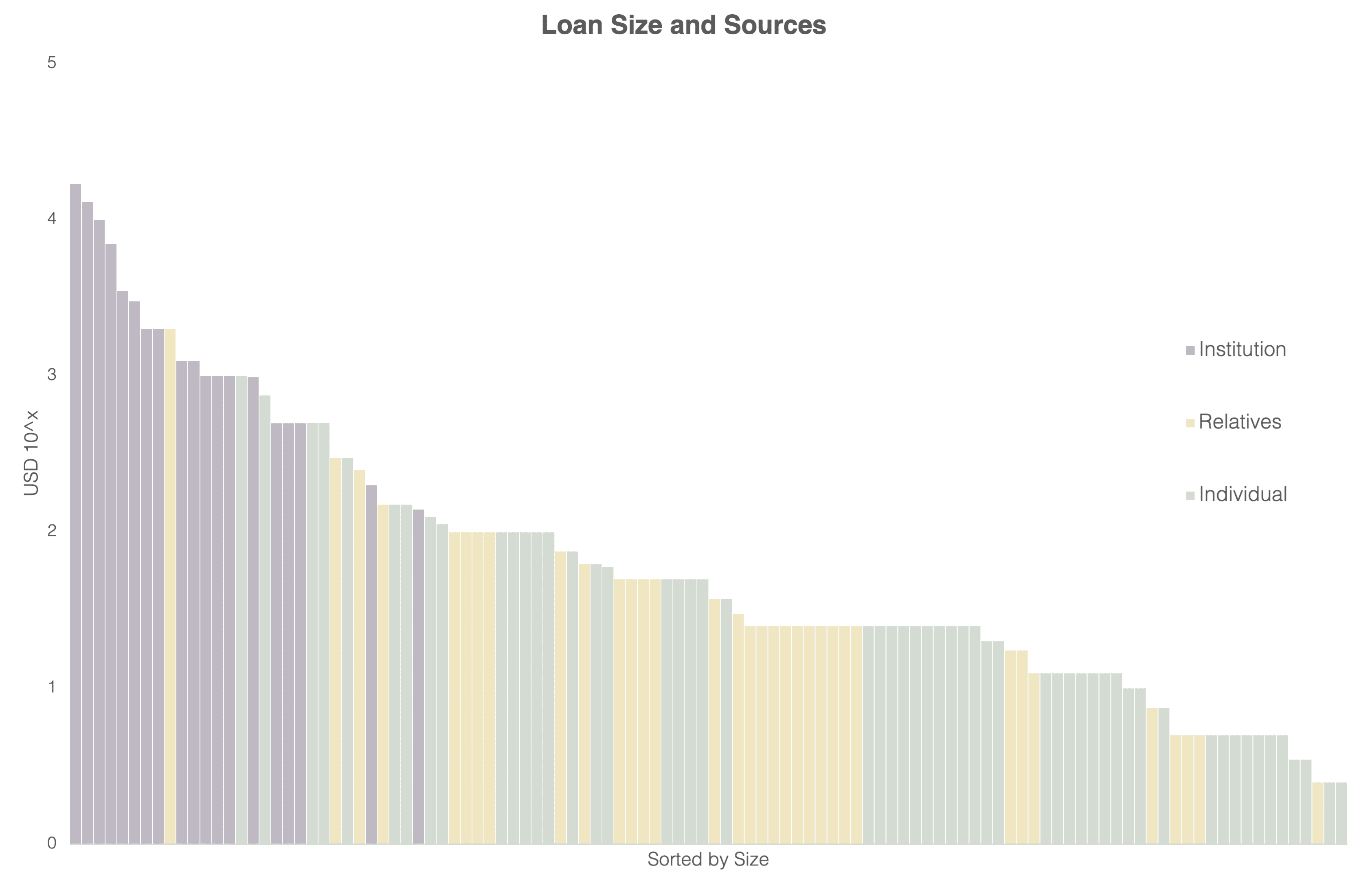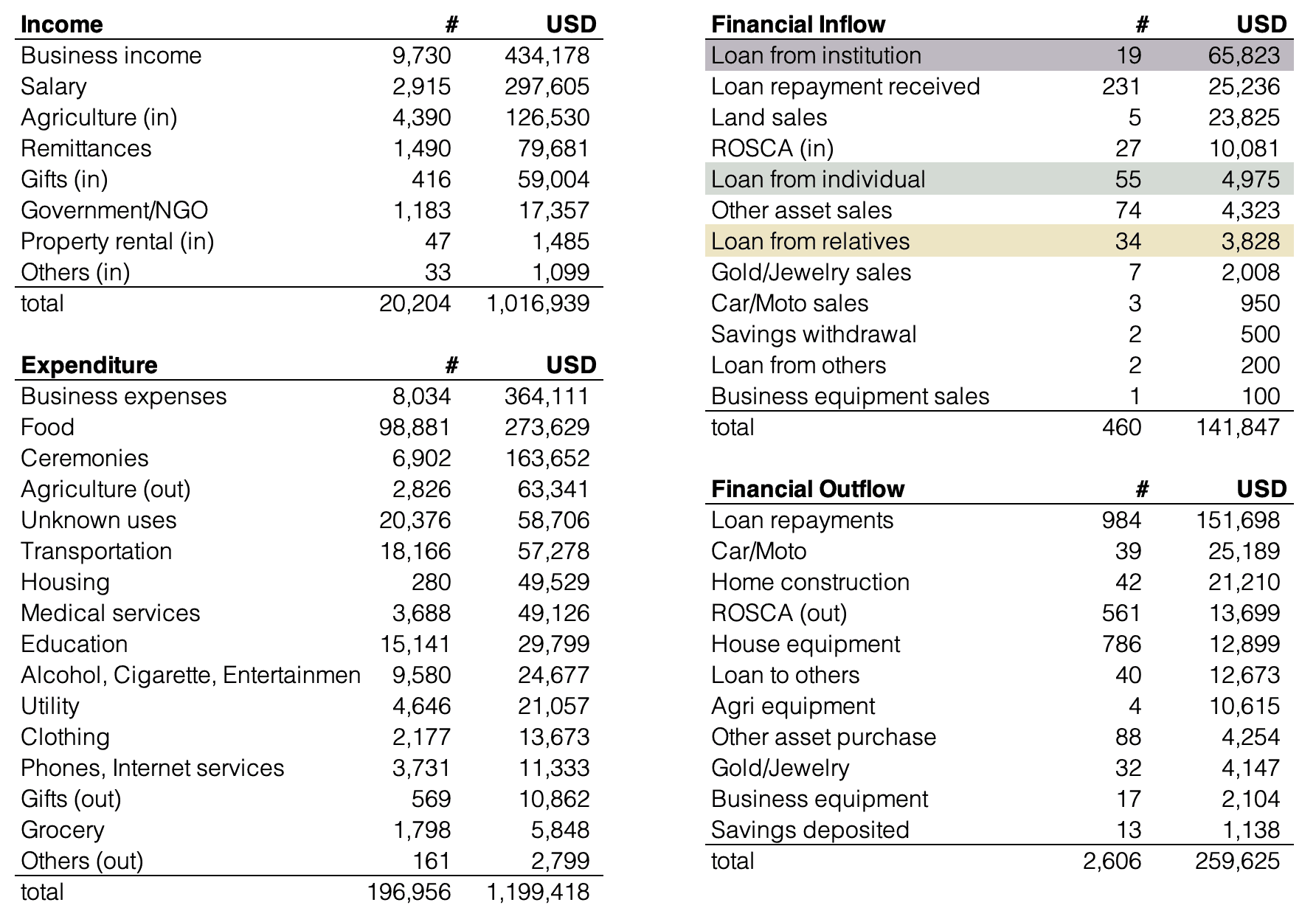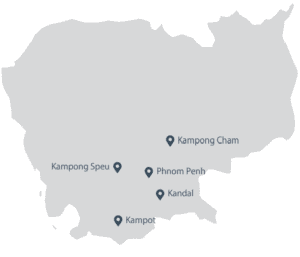This is a message from Kohei Katada, Gojo's CFO and devoted teamplayer.

Me and teamwork
Working together as a team and winning a game has always been an important part of my life.
Since I started working, it has become difficult for me to make time for team sports, so I mainly enjoy individual sports (triathlons, marathons, and recently, kickboxing). However, teamwork has always been an important part of my life as I have played various team sports such as soccer, basketball, and lacrosse since my childhood.
Recently, Taejun, our founder, recommended that I watch “The Playbook”, a documentary series on various sports coaches on Netflix. In this blog, I would like to write about my thoughts on teamwork at work.
What is teamwork
When I think back to some of the most memorable projects I’ve had, they have always involved teamwork with wonderfully talented people. When I was in investment banking, M&A advisory work required collaboration with clients, supervisors, colleagues, and external stakeholders such as lawyers and tax accountants. Preparing for the IPO of LIFENET INSURANCE also required close cooperation with the management team, a securities firm, and leaders from different departments. At Gojo, we have overcome many challenges as a team, such as raising funds for the Series D round and implementation of IFRS across group companies.
What is teamwork in the first place? I personally found the following definition by Andrew Carnegie, the Steel Magnate, to be the most convincing (I was a little happy to learn that the term “teamwork” existed over 100 years ago, even in Carnegie’s time!):
“Teamwork is the ability to work together toward a common vision. The ability to direct individual accomplishments toward organizational objectives. It is the fuel that allows common people to attain uncommon results.”
Mr. Deguchi, the founder of LIFENET INSURANCE, where I used to serve as CFO, had this to say about people and teamwork:
“People are all different and imperfect. By combining uneven members with different strengths, you can build a team like a strong stone wall and achieve great results.”
There is also a famous African proverb that goes like this:
“If you want to go fast, go alone. If you want to go far, go together.”
Essentials of teamwork
So, what do we need to work effectively as a team in a diverse, low-context environment like Gojo?
My hypothesis, which is still under development, is that the following elements are necessary.
Three prerequisites:
(from “Team Geek” by Brian W. Fitzpatrick, Ben Collins-Sussman)
- Humility: No one on the team is perfect, and no one knows the right answer alone.
- Respect: A sincere concern for the people you work with. Treating members as individuals and fairly evaluating their abilities and achievements.
- Trust: Belief that every other team member is capable and will do the right thing.
Team Geek also has the following statement, which I agree with 100%.
“Almost every social conflict can ultimately be traced back to a lack of humility, respect or trust.”
Three key elements:
- Shared Purpose/Goals: Each team member must share the purpose and goals with strong ownership.
- Communication: Sharing information is the basis for good decision-making. High-frequency communication is essential for mutual trust and psychological safety.
- Feedback: Based on the belief that everyone can grow, support each other’s growth and development through mutual feedback.
Our team
When I joined Gojo in 2019, I wrote the following in my personal blog.
“I’m committed to devoting myself to everything I must/want to do to bring Gojo closer to its vision. However, it would be impossible for me to do this on my own, so I want to gather the best people I can find and steadily build up step by step to move forward.”
Two and a half years have passed since I joined Gojo. The road has not been smooth, with the Covid-19 pandemic and the coup d'état in Myanmar…etc., however, my desire to build the best team in the industry with the best people has not changed from day 1.
In order to share our purpose as a team, we discussed and created our team’s mission statement during a workshop in 2020 and have been brushing it up every now and then. Below is the latest version of the statement.
- Enhance the credibility of Gojo and its Partners (group companies) as an investment destination through transparent communication and amplify the financial inclusion around the world
- Enable internal stakeholders within Gojo and Partners to make high-quality decisions and to achieve our mission, by delivering reliable financial information and thoughtful risk/opportunity analyses in a timely manner
- Explore and implement an optimal and resilient capital structure that supports dynamic resource allocation in collaboration with Partners
Inch by inch
I’d like to conclude this post by writing about “winning” as a team.
I mentioned the documentary “The Playbook — A Coach’s Rules For Life” at the beginning of this post. It was indeed great and I would recommend it to everyone, especially if you have ever played a team sport.
Personally, I’d recommend Episode 1: Doc Rivers, who is currently the head coach of the Philadelphia 76ers (The documentary is mostly about his days with the Boston Celtics and Los Angeles Clippers). I was particularly impressed by the following two statements by him.
“A person is a person through other people. I can’t be all I can be unless you are all you can be. (…) I can never be threatened by you because you’re good, because the better you are, the better I am.”
(Rule No. 3: UBUNTU IS A WAY OF LIFE)“Champions get hit over, and over, and over. You know, it’s just that the champion is the one that decides to keep moving forward”
(Rule No. 5: CHAMPIONS KEEP MOVING FORWARD)
The second quote is about the 2008 NBA Finals, in which the Boston Celtics defied all expectations to win against the L.A. Lakers and become NBA champions for the first time in 24 years.
One last thing. Let me quote here my favorite speech Al Pacino from the movie “Any Given Sunday”.
“You find out that life is just a game of inches. So is football. Because in either game — life or football — the margin for error is so small. I mean one half step too late or too early and you don’t quite make it. One-half second too slow or too fast and you don’t quite catch it. The inches we need are everywhere around us. They are in every break of the game every minute, every second.
On this team, we fight for that inch. On this team, we tear ourselves and everyone else around us to pieces for that inch. We claw with our fingernails for that inch. Because we know when we add up all those inches that’s gonna make the f****** difference between WINNING and LOSING, between LIVING and DYING!”
Our long-term goal is to enable the provision of high-quality affordable financial services for 100+ million unserved and underserved people in 50+ countries by 2030. There have been and I believe there will be so many unexpected things happening. However, let’s work together as a team and move forward one step at a time, inch by inch, until we win.
Kohei Katada is Gojo’s CFO. He leads Gojo’s fundraising, finance and admin teams. Prior to joining Gojo, Kohei served as the Senior Vice President of Finance at SmartNews and as CFO at LIFENET INSURANCE COMPANY.




